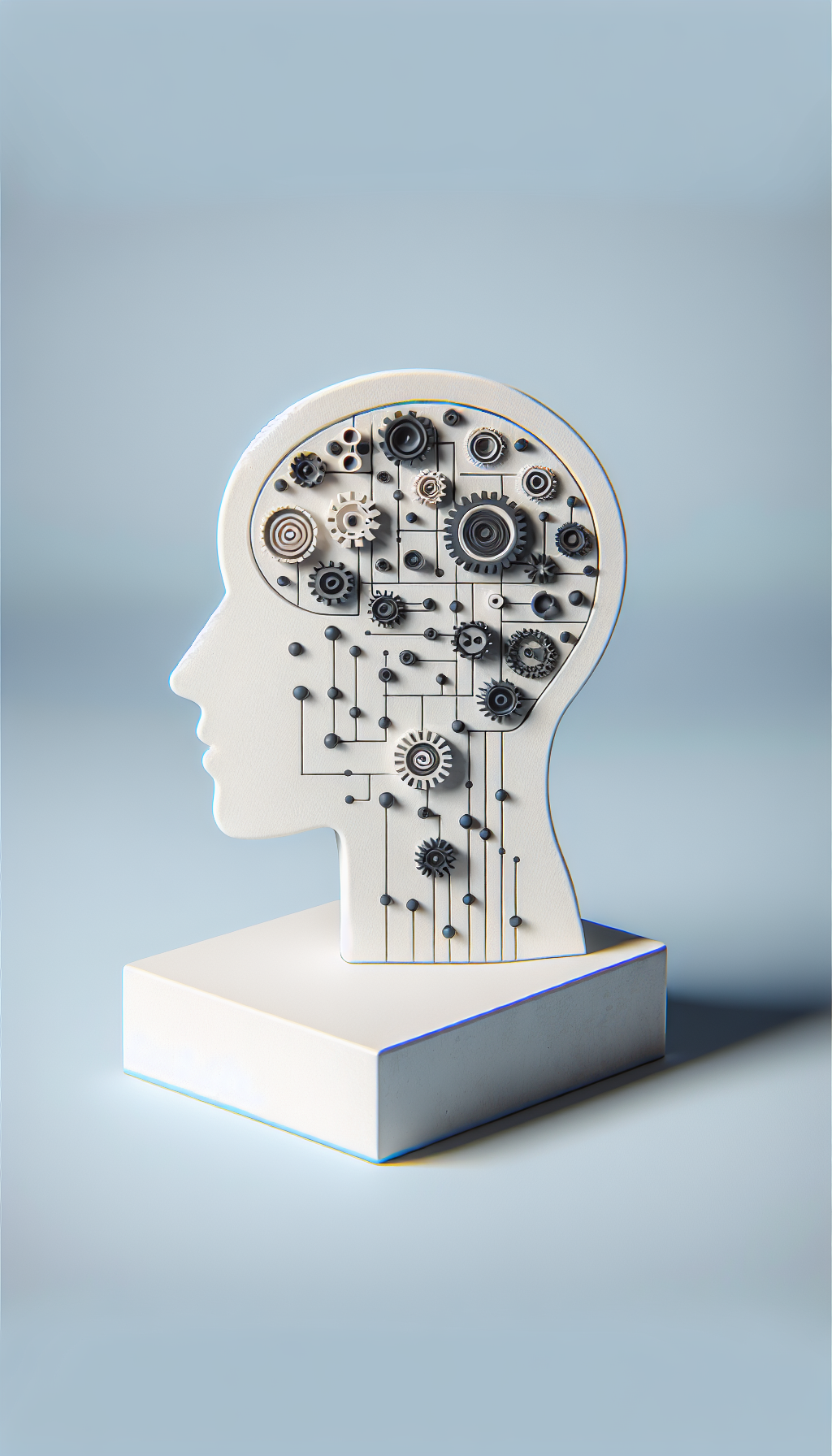One of the most intriguing topics that lie at the heart of this field is Cognitive Models.
Today, cognitive models are instrumental in driving understanding and innovation in multiple areas, including psychology, artificial intelligence, neuroscience, and more. This article aims to delve deep into what cognitive models are and why they hold the potential to revolutionize the world as we know it.
Cognitive models are theoretical constructs that represent the underlying mechanisms of the human mind. They describe how we perceive, process, and store information. The effort to create these models stems from a desire to comprehend and mirror human cognition. Cognitive models help us simulate how our minds work and forecast how we might respond to stimuli or situations.
A primary reason why cognitive models have gained prominence recently is their wide applicability. In psychology, cognitive models are used to understand human thought processes, which can help in diagnosing and treating cognitive disorders. For instance, cognitive models are used for devising therapy strategies for conditions such as depression or Alzheimer’s disease.
In computer science, they play a pivotal role in developing intelligent systems that can mimic human-like thinking.
There are various types of cognitive models, and each serves a unique purpose. For example, Connectionist Models, also known as neural network models, mimic how neurons in the brain process information. These models are particularly useful in understanding learning and memory. On the other hand, Symbolic Models, also known as rule-based models, focus on how humans perform logical reasoning and problem-solving.
A major challenge that cognitive models face today is the complexity of the human brain. Each mind is unique and can respond differently to the same stimulus.
However, cognitive models still serve as a useful approximation, helping us unlock secrets of the human mind.
It’s noteworthy to mention that cognitive models are continually evolving. Today, researchers are integrating insights from multiple disciplines, such as psychology, computer science, and neuroscience, to refine these models. New approaches, such as computational cognitive modeling, are gaining momentum.

They use mathematical and computational methods to simulate human cognition and offer insights that traditional models might miss.
The potential applications of cognitive models are vast and exciting. As we continue to uncover the secrets of the human mind, these models could lead the way in creating intelligent systems that understand and replicate human cognition with exceptional precision. They could play a crucial role in assisting mental health professionals in diagnosing and treating cognitive disorders.
Also, they could help educators devise teaching strategies that reflect how students learn and think.
In the grand scheme of things, cognitive models allow us to understand the complex workings of our minds better.
As we explore the unknown territories of the human mind, cognitive models stand as a beacon guiding us towards understanding ourselves better while contributing to the innovation of intelligent systems capable of mimicking human cognition. They are like keys that unlock the doors to the mysteries of the human mind and promise a future where technology and human cognition are seamlessly integrated. As cognitive models continue to evolve, we can look forward to a future where the line between human and machine cognition becomes increasingly blurred, leading to unprecedented breakthroughs and discoveries.